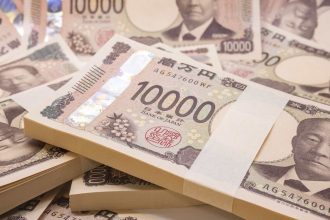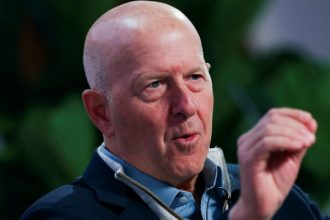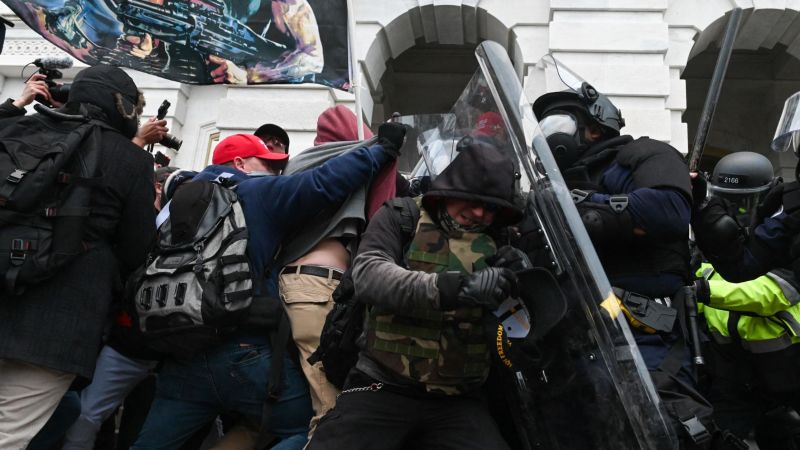One day after lawyers for former President Donald Trump appeared in Washington, DC’s federal courthouse to delay his trial on charges of election subversion, three US Capitol Police officers addressed a federal judge and recounted in personal terms what they endured when a pro-Trump mob descended on the US Capitol on January 6, 2021.
The gripping testimony from the officers came at the beginning of a week-long marathon sentencing for five members of the far-right Proud Boys convicted of seditious conspiracy for concocting and carrying out a plot to overrun the Capitol and stop the certification of the 2020 presidential election.
Officer Shae Cooney, who has rarely spoken publicly about the riot, testified Tuesday through tears about the lasting trauma she has endured since that day.
“That day was the first time I wasn’t sure if I was going home that night,” she said.
Trump’s trial, which prosecutors allege culminated in a mob of his supporters descending on the Capitol, is set to take place at the same DC courthouse in March where the Proud Boys and dozens of others have been sentenced for their roles on January 6.
While the officers in court on Tuesday directly addressed the defendants in the courtroom, they also spoke broadly of the power that inspired the mob and warned the public to remember what they experienced.
Inspector Thomas Lloyd directly called out politicians, defendants and media figures who have alleged that law enforcement officers were somehow responsible for what happened during the riot. Lloyd, one of the Capitol Police leading officers that day, helped organize the evacuation of members – even as the mob broke into the Speaker’s Lobby, where members were fleeing.
“Recent videos have emerged that alleged our officers were tour guides in the Capitol building,” Lloyd said. “When a mob controls one-third of the United States government, you will see disturbing videos of police officers being at the mercy of the rioters.”
Lloyd also decried allegations that “rioters entered the interior of the Capitol building because my officers didn’t know how to lock down the window properly.”
“Some defendants have stated they assisted my personnel on January 6,” Lloyd said. “This is the same tactic used as domestic violence perpetrators – beat the victim unconscious and then attempt to render aid.”
Officer Mark Ode, who was beaten by members of the mob, said in a written statement read aloud by prosecutors that the riot was a “planned and organized attempt to overthrow our constitutional process by individuals who determined that their opinion of the few was superior to the Constitution.”
“Certain memories and experiences leave deep marks that never fully heal and leave a reminder of things that were or things that could have been,” Ode said in his statement. He recounted being “pinned down by multiple assailants, being pinned down by all of their weight, while simultaneously being choked by the chinstrap of my helmet.”
I “felt my life fleeing my body,” Ode wrote, and had “the most vivid visual of my own funeral.”
Cooney recounted the aftermath that night and “feeling my phone vibrate for hours knowing that my family was trying to reach me, and I couldn’t do anything for hours.”
“I lost a friend that day, someone who I had worked with for almost three years. I was standing right next to him when he started fighting, and later that day he was gone. And every day I have to be reminded that he isn’t here anymore because the people in this courtroom decided that they weren’t happy with how an election went.”
Though she did not identify the officer by name, Cooney appeared to be referencing US Capitol Police Officer Brian Sicknick, who suffered strokes and died of natural causes shortly after responding to the riot.
Read the full article here





